TABLE’s mission: ingredients for better dialogue
TABLE is a food systems platform that explores the evidence, assumptions and values that people bring to debates about resilient and sustainable food futures. We look at the data, the biases and the beliefs behind those debates in order to support better dialogue, decision making and action.
The future of food matters
Food sits at the heart of interconnected crises, spanning climate change, biodiversity loss, malnutrition, poverty and injustice. There is growing awareness that we urgently need to act to transform our food systems. Yet at the same time, debates about what to do are becoming more intense, divisive and polarised, as different actors bring forward competing visions of a food future.
TABLE explores both the scientific evidence and the underlying values that support and inform these visions. These values (as well as assumptions, desires and cultural preferences) influence how we interpret the evidence, understand the world around us, judge what is most important in a food system, and think about possible and desirable futures. By mapping both evidence and values in debates, we highlight critical differences and areas of agreement, identify research questions to help resolve uncertainties, and suggest paths forward.
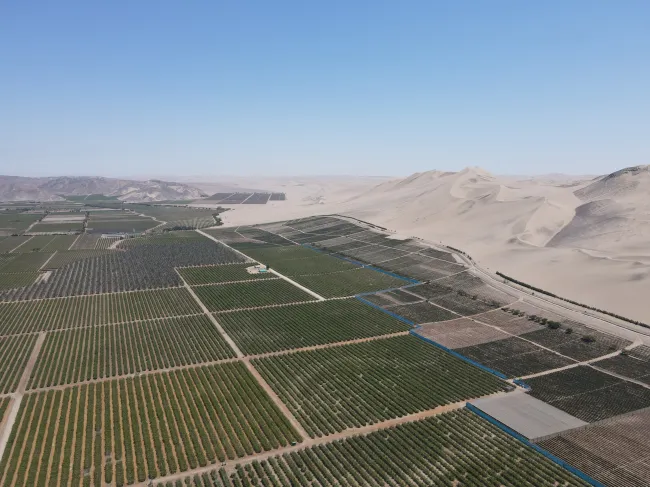
We all bring different ideas, values and assumptions to the TABLE
Our mission is twofold: to provide clarity on the substance and parameters of food system debates (where and why is it that we agree and disagree?); and to offer space for nuanced, self-reflective dialogue within the food community.
Together, these ingredients can contribute to our vision: a better decision-making environment for food system transformation, built on a shared understanding of the evidence and open acknowledgement of the values at play.
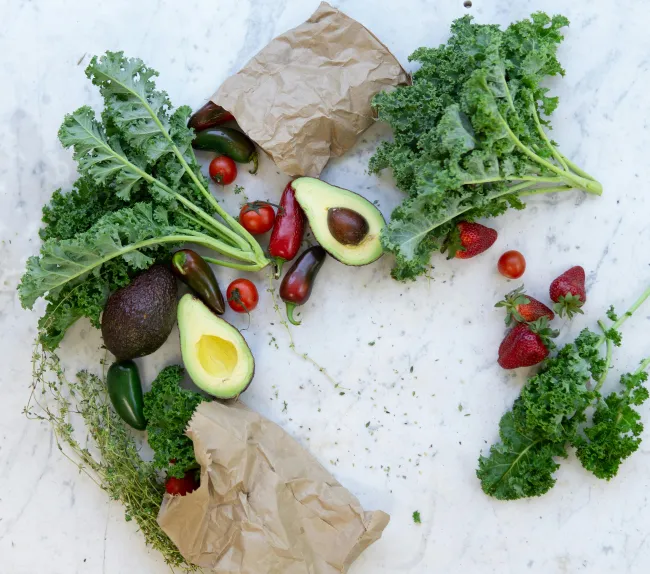
TABLE is a collaborative platform
TABLE is for everyone with an interest in food. Acting as an interface between the worlds of research and practice, our work reflects and interrogates real and relevant food system debates. We are in constant dialogue with people working within the food system, including civil society, policy makers, advocates and practitioners.
Originally founded as a collaboration between the University of Oxford, the Swedish University of Agricultural Sciences (SLU) and Wageningen University & Research (WUR), the TABLE network has since expanded to include la Universidad de los Andes (Colombia), and la Universidad Nacional Autónoma de México.
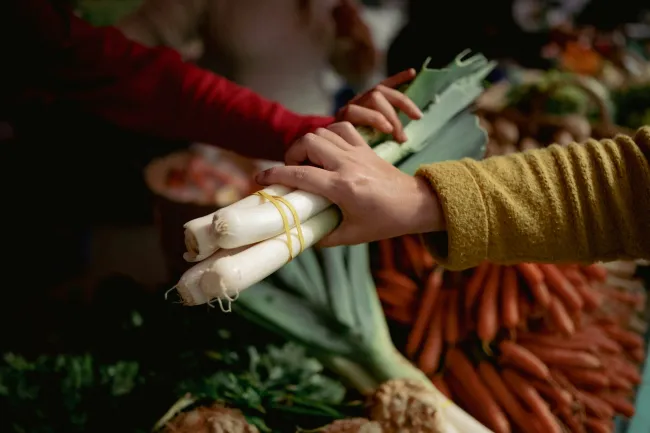
Speak to power, listen to everyone
In speaking to power, we create opportunities for reflection and engagement for those with decision making authority over what foods are grown, and how they’re produced, traded and eaten. In listening to everyone, we seek out a diversity of views - particularly from those actors with limited power and platform - that can challenge mainstream narratives and our own perspectives.
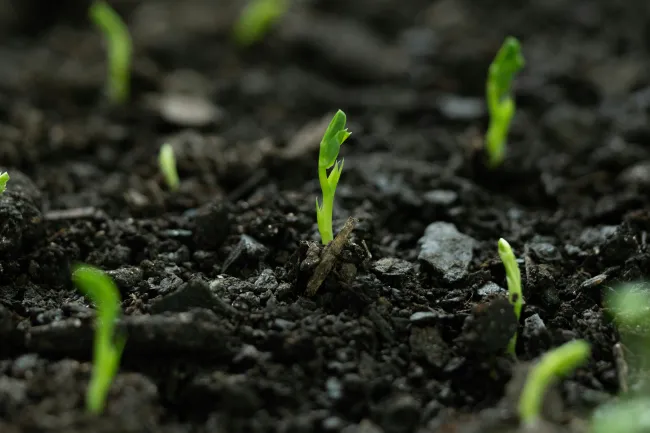
Feeding better dialogue
The breadth and complexity of food systems leads to the risk of simplifying and caricaturing the views of others. We might assume that taking a view on one topic (the need for a plant-based transition, for example) implies agreement with another view on another topic (alternative proteins, say). This can lead to bundled thinking, and an overemphasis on opposition. Better dialogue can help us locate our agreements and disagreements more precisely, so enabling more constructive, collaborative problem-solving.
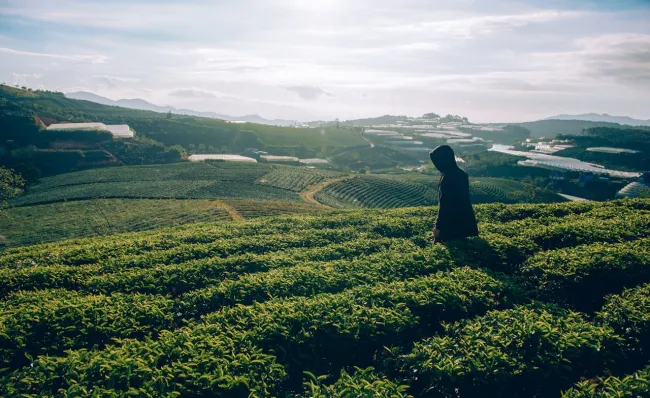
Good decision-making is built upon evidence, is open to challenge and is honest about the values that motivate it. All of this is supported by nuanced dialogue, which we aim to support in the following ways:
- Knowledge building: for greater shared understanding of complex and multidimensional issues.
- Dialogue/Exchange: to see more exchange of ideas and arguments across both knowledge and ideological divides - that is to say, across perspectives, sectors, disciplines, contexts and geographies; and between those with different motivating values. .
- Reflection: interrogating and making visible the values and assumptions behind debates, so that they too can feature in open dialogue.
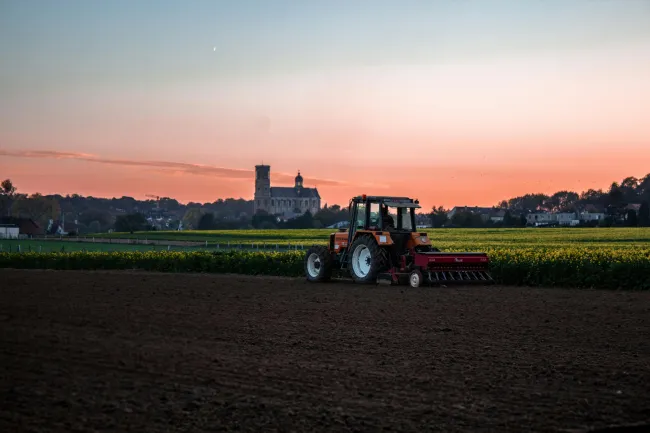
Want to learn more? Explore our materials
FODDER: Newsletter
Featuring summaries journal papers, reports, books and other resources, as well as updates on the latest podcasts, articles and events. We also send out job listings from other events from other organisations.
Research library & Glossary
Reference materials on new studies and common terms
Contact
- To suggest an item for our newsletter Fodder or to advertise a job or event, please contact jackieturner@tabledebates.org.
- To write a blog post or to contribute to a Letterbox series, please contact ruthmattock@tabledebates.org.
- To discuss our podcast Feed, please contact podcast@tabledebates.org.
- To discuss the possibility of supporting TABLE's work or setting up an academic collaboration, please contact taragarnett@tabledebates.org.
- For any other queries, please contact info@tabledebates.org.
Vacancies
We have no current vacancies. Occasionally, we offer internships and/or volunteering opportunities. For more information about these opportunities please contact info@tabledebates.org.



